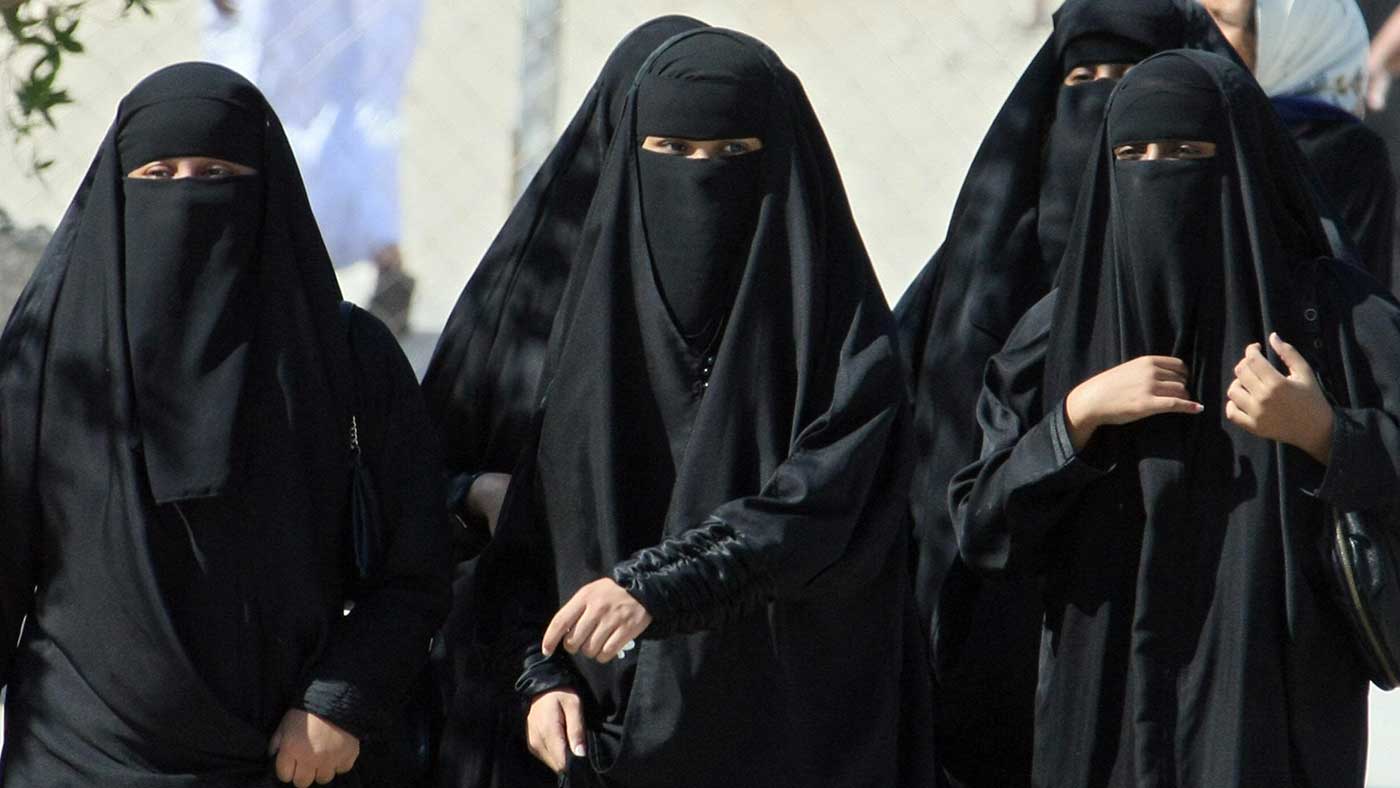First female drivers recruited in Saudi Arabia
Ride-hailing apps announce plans to hire 10,000 women after Arab nation lifts ban

A free daily email with the biggest news stories of the day – and the best features from TheWeek.com
You are now subscribed
Your newsletter sign-up was successful
Following Saudi Arabia’s decision to allow women to drive by June of this year, the country’s ride hailing apps are recruiting female drivers.
Female customers currently represent 80% of Uber’s Saudi rider base and 70% of business for its Dubai-based counterpart, Careem, according to stats seen by CNN. The apps are “a lifeline to women with no independent way to get around the Kingdom,” says the broadcaster.
“For years I felt helpless. My car would be parked outside and I could not drive,” Nawal al-Jabbar, a 50-year-old mother of three, told the Hindustan Times.
The Week
Escape your echo chamber. Get the facts behind the news, plus analysis from multiple perspectives.

Sign up for The Week's Free Newsletters
From our morning news briefing to a weekly Good News Newsletter, get the best of The Week delivered directly to your inbox.
From our morning news briefing to a weekly Good News Newsletter, get the best of The Week delivered directly to your inbox.
The lifting of the ban “felt like we had woken up in a new Saudi Arabia,” Jabbar said.
Currently all drivers employed by the two firms are male and “mostly Saudi nationals driving their privately-owned vehicles,” according to CNN.
The firm plans to hire more than 10,000 “female captains” (drivers) by June, says Abdullah Elyas, co-founder and chief privacy officer at Careem.
“Female captains will help us provide a better service to many women who want to travel but refuse to be driven by men,” he says.
A free daily email with the biggest news stories of the day – and the best features from TheWeek.com
Careem also plans to add a new “Captinah” button to the app in June that will allow customers to choose female chauffeurs. The option will “only be available to other women and families,” Careem spokesman Murtadha Alalawi said.
Uber has announced plans to open new facilities dedicated to recruiting female drivers, or “partners”, as the company calls them.
“We will partner up with necessary stakeholders to facilitate the paperwork, training access, and access to vehicles, including access to driving schools run by third party partners,” says Zeid Hreish, Uber’s general manager in Saudi Arabia.
Uber and Careem hope their recruitment drive of women will “support the Saudi government’s efforts to reduce the country’s unemployment rate, which the Saudi General Authority for Statistics estimates to be at 12.8%,” says CNN.
But “one snag in all this, however, could be that Saudi labour laws currently stipulate that women should not work in the hours between sunset and sunrise,” adds the broadcaster.
Current exceptions to the law could be extended to include female drivers in the future.
-
 At least 8 dead in California’s deadliest avalanche
At least 8 dead in California’s deadliest avalancheSpeed Read The avalanche near Lake Tahoe was the deadliest in modern California history and the worst in the US since 1981
-
 Political cartoons for February 19
Political cartoons for February 19Cartoons Thursday’s political cartoons include a suspicious package, a piece of the cake, and more
-
 The Gallivant: style and charm steps from Camber Sands
The Gallivant: style and charm steps from Camber SandsThe Week Recommends Nestled behind the dunes, this luxury hotel is a great place to hunker down and get cosy
-
 Epstein files topple law CEO, roil UK government
Epstein files topple law CEO, roil UK governmentSpeed Read Peter Mandelson, Britain’s former ambassador to the US, is caught up in the scandal
-
 Iran and US prepare to meet after skirmishes
Iran and US prepare to meet after skirmishesSpeed Read The incident comes amid heightened tensions in the Middle East
-
 Israel retrieves final hostage’s body from Gaza
Israel retrieves final hostage’s body from GazaSpeed Read The 24-year-old police officer was killed during the initial Hamas attack
-
 China’s Xi targets top general in growing purge
China’s Xi targets top general in growing purgeSpeed Read Zhang Youxia is being investigated over ‘grave violations’ of the law
-
 Panama and Canada are negotiating over a crucial copper mine
Panama and Canada are negotiating over a crucial copper mineIn the Spotlight Panama is set to make a final decision on the mine this summer
-
 Why Greenland’s natural resources are nearly impossible to mine
Why Greenland’s natural resources are nearly impossible to mineThe Explainer The country’s natural landscape makes the task extremely difficult
-
 Iran cuts internet as protests escalate
Iran cuts internet as protests escalateSpeed Reada Government buildings across the country have been set on fire
-
 US nabs ‘shadow’ tanker claimed by Russia
US nabs ‘shadow’ tanker claimed by RussiaSpeed Read The ship was one of two vessels seized by the US military